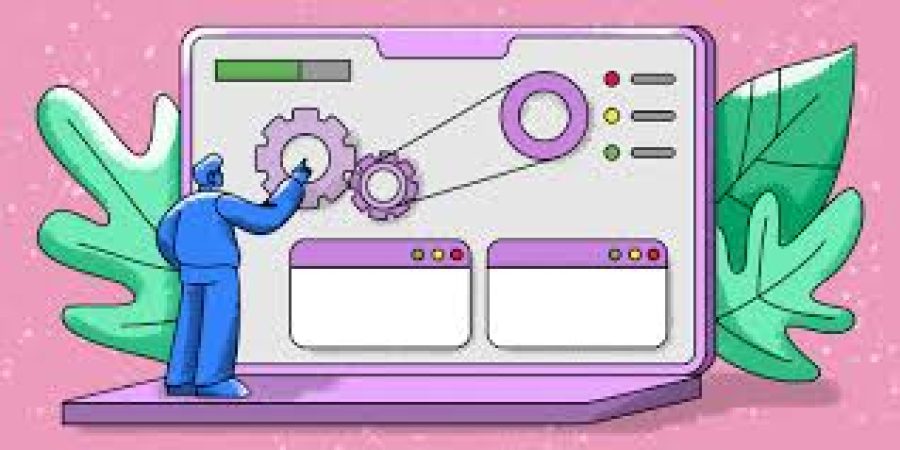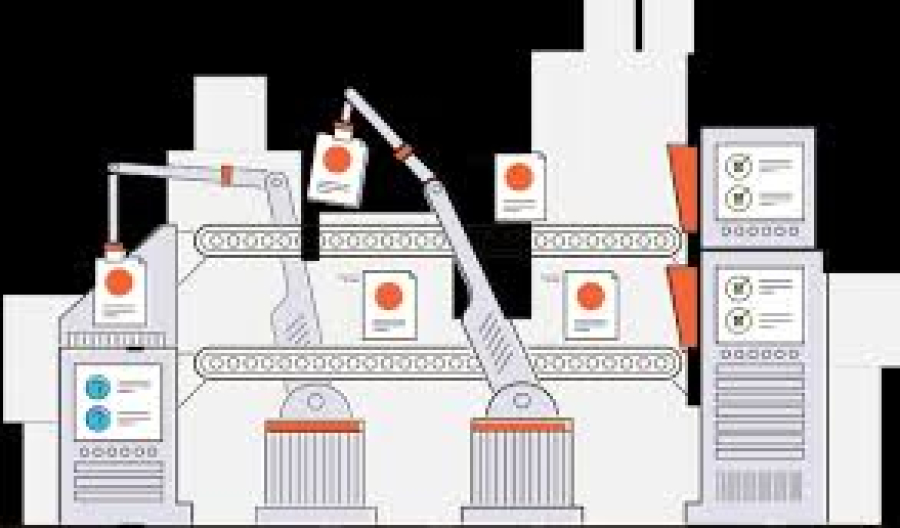How to Handle Non-Paying Freelance Clients Legally
One of the most frustrating and financially damaging experiences for any freelancer is dealing with non-paying clients. You’ve completed the work, met deadlines, and held up your end of the agreement—yet the payment never arrives. Unfortunately, this is a common issue in the freelance world, especially when contracts and legal safeguards are ignored.
At freelancerbridge, we’re committed to helping freelance professionals protect their income and operate like businesses. In this article, you’ll learn how to legally handle non-paying freelance clients, steps to take before escalating the issue, and ways to avoid these situations in the future.
Long Description: How to Handle Non-Paying Freelance Clients Legally
Freelancers—especially those in design, writing, legal consultancy, architecture, and media—often struggle to enforce payment once the service is delivered. That’s why having a clear strategy backed by legal protection is crucial.
Here’s a comprehensive guide to ensure your time and effort never go unpaid.
1. Start with Prevention: Contracts and Clear Terms
The best way to handle non-payment is to prevent it in the first place.
What to Include in Your Contract:
Scope of Work
Payment Amount and Timeline
Late Payment Fees
Delivery and Approval Schedule
Termination and Refund Clauses
Dispute Resolution Clause
A legally enforceable contract is your first and most powerful defense. Always ensure it’s signed digitally or physically before starting any work.
2. Use Upfront Payments or Milestones
To minimize risk:
Request 50% upfront before starting
Use milestone payments for larger projects (e.g., 25% upfront, 25% after draft, 50% on completion)
Offer smaller tasks on a prepaid hourly or retainer basis
Why it works: Clients with malicious intent often avoid paying upfront. This filters out red flags early.
3. Keep Detailed Records of Communication
Maintain a professional paper trail:
Emails
Proposal documents
Invoice receipts
Client confirmations or approvals
Feedback or change requests
Tools like Gmail, Notion, Slack, or project management platforms help organize these records.
Why it matters: If you need to pursue legal action, proof of work and correspondence becomes essential.
4. Send a Formal Payment Reminder
When payment is overdue:
Send a polite but firm reminder
Include the invoice, contract, and payment method
Mention the due date and number of days past due
Give a specific deadline for payment (e.g., “within 5 working days”)
Pro Tip: Use email subjects like “Final Invoice Payment Due – [Project Name]” to signal urgency.
5. Follow Up with a Demand Letter
If reminders don’t work, issue a formal demand letter. This is a legally worded message stating:
The amount due
The original contract terms
The deadline for payment
Your intent to pursue legal recovery if unpaid
This shows that you are serious and gives the client one last opportunity to resolve the matter without legal action.
6. Use a Mediation or Dispute Resolution Service
Some contracts specify mediation or arbitration instead of court. In that case, contact a certified mediator or arbitrator.
If you don't have this clause, you can still suggest it as a low-cost legal alternative.
Organizations like:
Indian Mediation Council
District Legal Services Authorities
Freelance unions (like FWA or Freelancers Union in the US)
These can help resolve issues professionally and avoid litigation.
7. Report the Client on Freelance Platforms (If Applicable)
If the client came through platforms like Upwork, Fiverr, Freelancer.com, or Refrens:
Report the client to the platform
Open a dispute ticket
Provide screenshots and documents as evidence
Many platforms have escrow systems to protect freelancers—but if you worked outside the platform, this step won’t apply.
8. Take Legal Action Through a Small Claims Court or Lok Adalat (India)
If your client is based in the same country, you can initiate legal action under small claims laws or consumer rights.
In India:
File a case in Lok Adalat (informal legal mediation)
Use the Consumer Court for service-related disputes
File a claim in Small Causes Court for unpaid dues
What You’ll Need:
Signed contract
Payment terms
Invoice copy
Communication history
Why it works: Legal notices and court claims often prompt payment—even if it doesn’t go to trial.
9. Hire a Lawyer or Legal Consultant
If the payment is significant (₹25,000 or more), consider consulting a lawyer.
Legal professionals can:
Draft and send a legal notice on your behalf
Represent you in civil court
Help recover payment through court decree
In India, platforms like VakilSearch, LawRato, or LegalRaasta can connect you to freelance-friendly lawyers.
10. Consider Debt Collection Services (As Last Resort)
In extreme cases, you may hand over the matter to a collection agency.
They charge a percentage (15-40%) of recovered funds. This is only recommended when:
Amount is high
Legal options have failed
You’re unable to spend more time chasing the client
What Not to Do
Don’t post threats on social media
Don’t share confidential client information publicly
Don’t accept more unpaid work from the same client
Don’t delay action—non-payers rarely change behavior
Being polite is good, but being professional means protecting your rights firmly.
How to Avoid Non-Paying Clients in the Future
Screen Clients Before Starting
Ask for references
Check reviews (if platform-based)
Look at their social media or website for legitimacy
Always Use a Contract
Make it a non-negotiable part of your onboarding
Bill Using Reputable Platforms
Use tools like Refrens, Zoho, QuickBooks, or Bonsai to automate billing and follow-ups
Track Time and Work Using Tools
Time tracking apps and screen capture tools (like Toggl, Time Doctor) help prove effort
Stick to Your Policies
Don’t deliver files before payment
Don’t exceed scope without written approval
Benefits of Taking Legal Action the Right Way
Increases the chance of recovering money
Sends a message to future clients about your professionalism
Builds your reputation as someone who values their work
Gives you peace of mind and business control
Conclusion
Freelancing should offer freedom, not frustration. While non-paying clients are an unfortunate reality, they can be handled professionally and legally with the right tools, contracts, and strategies in place.
At freelancerbridge, we encourage freelancers to treat their work like a real business—with systems, contracts, and legal backing. Protect your time, talent, and income by staying proactive and informed.
If you're currently facing a non-paying client, start with polite reminders and escalate using legal options only when necessary. Over time, you’ll build a stronger, more reliable client base that respects your value.


 by Emily
by Emily



